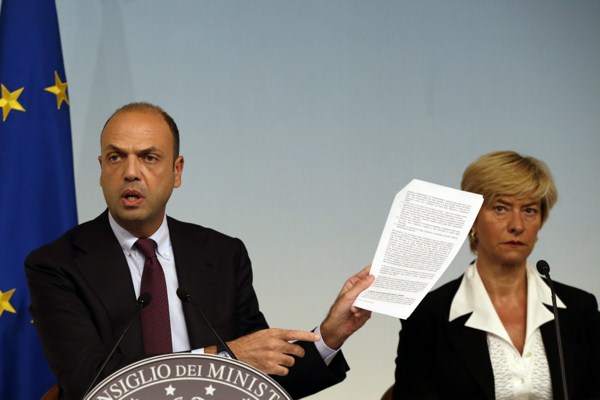On Saturday, the European Union’s border agency Frontex launched a border control mission in the Mediterranean Sea known as Triton. The operation comes days after Italy ended its search-and-rescue mission, Mare Nostrum, which rescued over 150,000 migrants over the past year. Italy will still maintain a Mediterranean presence during a two-month transition period, but Mare Nostrum’s $12 million monthly price tag, together with pressure from other EU member states that claim the mission gave migrants easy entrance into Europe, have caused Italy to end the operation.
As I wrote earlier this year, Italy has borne the brunt of European migration. The Italian government tried to muster wider European support for the mission, but it never materialized.
Mare Nostrum has also been criticized by some for attracting migrants to Europe. As Philippe Fargues, director of the Migration Policy Centre and the European University Institute, explained in an interview, “Migrants are rescued and physically brought to Italy, where they can then declare asylum.” Mare Nostrum was an unprecedented mission with the potential, some said, to make the trek seem less dangerous.

